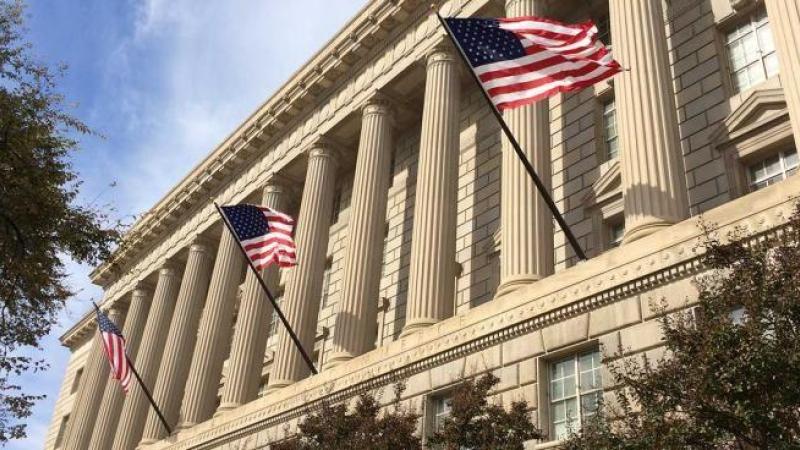Gas rises 63 cents a gallon in 2023 as gloomy data casts doubt on rosy ‘Bidenomics’ tour
Is "Bidenomics" working? The White House says "yes," but fiscal experts are saying "hey, not so fast.”
The Biden administration is having difficulty being consistent with its message that "Bidenomics is working," a narrative that’s been increasingly complicated by the reality of higher costs for Americans from the grocery story to the gas pumps
"The numbers are clear: Our economy remains strong," President Joe Biden exclaimed earlier this month, citing Consumer Price Index (CPI) data that showed inflation having fallen to a 3-year low.
Economists are pointing out that the CPI doesn’t necessarily tell the full story.
"The CPI, once hailed as a reliable measure of inflation, now faces mounting criticism for the many ways in which it fails to adequately measure the costs that middle- and working-class households face," wrote financial expert Eugene Ludwig and economist Philip Cornel in a MarketWatch op-ed last week.
Ludwig is an expert on banking regulation, risk management, and fiscal policy. From 1993 to 1998 he served as Comptroller of the Currency.
"For example," explained Ludwig and Cornell, "CPI includes luxury items, weighting things like second homes to have more impact on the CPI than beef, chicken, milk, eggs and potatoes combined."
"Additionally, CPI tracks costs of medical procedures instead of actual premiums and out-of-pocket expenses. As a result, the CPI consistently understates inflation," they added.
Biden's claims of success may be undercut by important individual numbers, which paint a much more grim picture than just the CPI aggregate. Gas prices, for example, are up almost 20% this year alone at $3.823/gallon, and are 71% higher than three years ago, according to AAA archives.
The Bureau of Labor Statistics data shows that during the past 12 months, food costs have risen 4.9%, rent is up 8%, and transportation services are up 9%.
The Inflation Reduction Act, which was signed into law last year by President Biden and has been heavily touted by the administration has been ineffective in reducing inflation, according to several leading economists. This month, President Biden said the Inflation Reduction Act didn't have much to do with reducing inflation, adding that "I wish I hadn’t called it that" because "It has less to do with reducing inflation than it does providing for alternatives that generate economic growth."
The Tax Foundation said in a recent paper titled "Inflation Reduction Act One Year After Enactment" that "the law’s complicated tax increases on large corporations, particularly the minimum tax on book income, have resulted in extraordinary implementation challenges and taxpayer confusion, with many questions left unresolved. Payments for both the minimum tax and the stock buyback tax are currently on hold until the IRS issues further guidance."
Even putting aside the delays in implementing the IRA, economist Jason Furman from Harvard University said to ABC News that "I can’t think of any mechanism by which it would have brought down inflation to date."
Alex Arnon from the University of Pennsylvania’s Penn Wharton Budget Model echoed that view, telling PBS that “We can say with pretty strong confidence that it was mostly other factors that have brought inflation down,’’ he said. “The IRA has just not been a significant factor."
Also this month, the average fixed 30-year mortgage rate hit its highest in more than two decades, reported Fox News, crossing the 7.09% benchmark.
Despite the public cheerleading, Biden officials are concerned about the future economic outlook. Federal Reserve Chair Jerome Powell hinted just last week that he’s "prepared" to continue hiking interest rates "until we are confident that inflation is moving sustainably down toward our objective."
These remarks from Powell deal a blow to the White House’s self-promotion of "Bidenomics." Some senior officials have seemingly contradicted that narrative, including Vice President Kamala Harris, who said in July that "most Americans are a $400 unexpected expense away from bankruptcy."
A survey published in July found that 72% of Americans say they’re experiencing financial insecurity, and many are living paycheck to paycheck. Americans are increasingly going into more debt, and the country’s national debt is currently over $32.8 trillion, translating to an excess of $253,000 of debt per U.S. taxpayer.
















